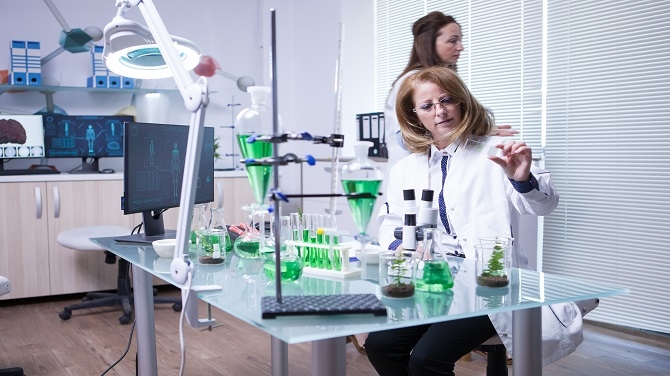The Importance of Pharmacovigilance in Clinical Research Training

-
Ethical Imperative: As future clinical researchers, it's essential to recognize the ethical responsibility of safeguarding the well-being of patients. Pharmacovigilance training instills this core value.
-
Regulatory Compliance: Understanding pharmacovigilance is crucial for adhering to regulatory requirements in clinical trials. Authorities like the FDA and EMA demand rigorous safety monitoring.
-
Patient Trust: Patients participating in clinical trials place their trust in researchers. Demonstrating a commitment to their safety through pharmacovigilance practices is vital for building trust and ensuring trial participation.
Key Points in Pharmacovigilance Training:
-
Adverse Event Reporting: Trainees learn the importance of accurate and timely adverse event reporting, emphasizing the "See It, Report It" principle.
-
Risk Communication: Effective communication regarding potential risks to healthcare professionals, patients, and the public is a vital aspect of pharmacovigilance training.
-
Database Utilization: Trainees become adept at using pharmacovigilance databases and tools to analyze and interpret safety data effectively.
-
Case Study Analysis: Practical experience through the analysis of real-world case studies helps trainees understand the complexities of safety assessment.
-
Global Perspective: Pharmacovigilance training also covers the international landscape, as safety concerns often transcend borders. Understanding global regulations and cooperation is essential.
The Role of Pharmacovigilance Professionals:
-
Pharmacovigilance Officers: These professionals are responsible for collecting and assessing adverse event reports, signal detection, and risk management.
-
Drug Safety Scientists: They play a critical role in analyzing safety data, generating safety reports, and providing recommendations to mitigate risks.
-
Regulatory Affairs Specialists: These experts ensure that all safety-related data and reports comply with regulatory requirements and are submitted in a timely manner.
-
Medical Writers: Writing experts in pharmacovigilance create safety documents, such as Periodic Safety Update Reports (PSURs), which are submitted to regulatory authorities.
Conclusion
Pharmacovigilance is an indispensable pillar in the world of clinical research training, and its training is essential for those aspiring to become part of this field. As the custodians of patient safety, pharmacovigilance professionals and researchers work together to ensure that the benefits of medical products far outweigh the potential risks. This discipline is not just about safeguarding health but also about upholding the trust and ethical standards of clinical research. In the ever-evolving landscape of healthcare, pharmacovigilance remains an invaluable component of patient-centric clinical research course.
- Industry
- Art
- Causes
- Crafts
- Dance
- Drinks
- Film
- Fitness
- Food
- Oyunlar
- Gardening
- Health
- Home
- Literature
- Music
- Networking
- Other
- Party
- Religion
- Shopping
- Sports
- Theater
- Wellness
- News


